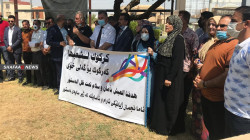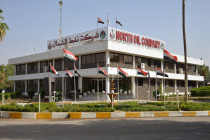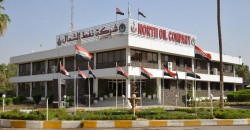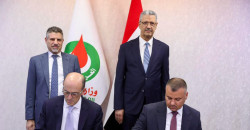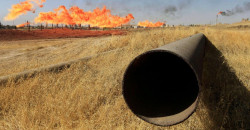Iraq's North Oil Company advances BP contract negotiations to boost Kirkuk oil production
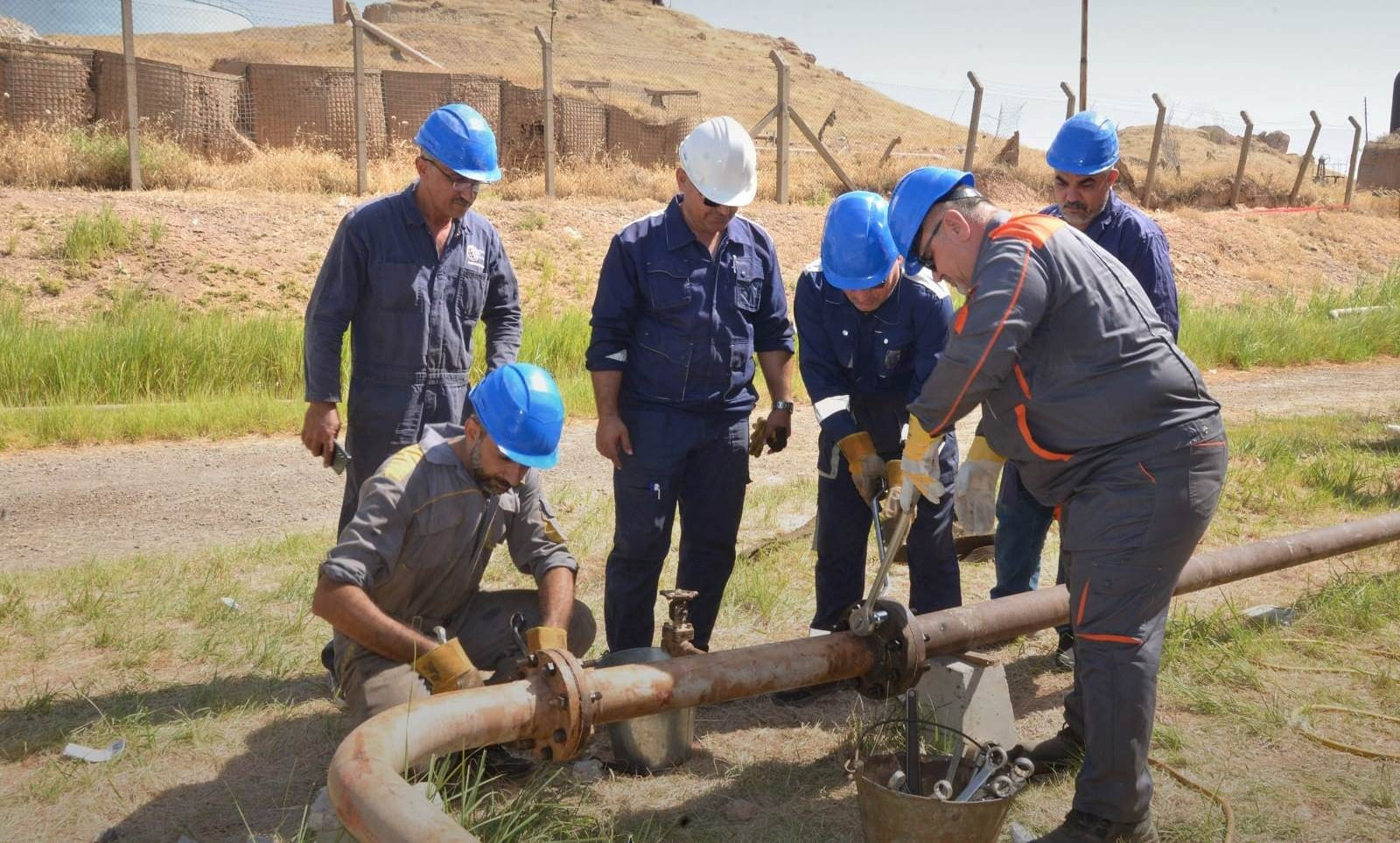
Shafaq News/ A senior official from North Oil Company stated on Wednesday that the Iraqi Ministry of Oil's procedures regarding the completion of the contract with British company BP are still in the negotiation phase, focusing on work modalities, surveys, and how BP can benefit from increasing its oil production while updating well data and production quantities.
The official told Shafaq News Agency that "BP has been contracted by the Iraqi Ministry of Oil to develop oil wells, conduct surveys in the geographic area under North Oil Company, and prepare a detailed roadmap with numerical projections for the production capacity of each well and its potential for development."
He added that "North Oil Company is still in ongoing negotiations through the Iraqi Ministry of Oil to proceed with the implementation of the remaining contract terms. Negotiations are continuing between both sides to define the expectations of North Oil Company regarding the surveys, production quantities, and what the British company can do to create an actionable roadmap."
The source further explained that "what BP seeks is to conduct surveys for each oil well, assess their current production levels, and determine how to increase output, along with other surveys related to oil reservoirs and gas emissions from wells. The aim is to leverage BP's capabilities to enhance production and utilize gas within the company."
He noted that "North Oil Company has initiated a work plan to achieve the highest possible production from the Kirkuk fields, including Bai Hassan, Jumhur, and Khubbaz, before handing over operations to BP."
The official emphasized that "the field's authority has been directed to implement a drilling and reclamation plan this year and conduct activities to activate wells without a rig, expediting the provision of sites in coordination with the project's authority, with each site expected to be completed within three weeks."
The source continued, stating that "the company is working on laying pipes and completing their installation within the specified timeframe to connect Bai Hassan wells 198 and 199, aiming for execution within one month. Additionally, it is working on connecting valves for five wells in the Khubbaz oil field, repairing damaged pipes at the Shawraw/ Baba Kube station, and stabilizing production rates for wells in northwest Avana, according to the anticipated plans for Kirkuk oil field, which are expected to enhance production efficiency."
He pointed out that "North Oil Company will complete all the requirements for the British company within three weeks to a month. A meeting with company representatives will be held in the coming days to finalize and implement the signed agreements, followed by monitoring the program that BP will execute to increase production at North Oil Company."
Economic expert Ali Khalil previously confirmed to Shafaq News Agency that "the contract signed by the Iraqi government through the Ministry of Oil with BP must ensure that the British company conducts its work comprehensively, with tangible results in increased production within a specified timeframe."
He noted that "the British company had a previous contract in 2013 with North Oil Company, which concluded in January 2020, worth $100 million, after which they ceased operations with North Oil Company."
Khalil explained that "the previous contract included conducting 3D seismic studies of the field reservoir to build upon the existing 2D data, with estimates indicating that the Kirkuk field contains about nine billion barrels of recoverable oil."
Prime Minister Mohammed Shia Al-Sudani oversaw the signing ceremony of a comprehensive oil memorandum of understanding between the Ministry of Oil and British Petroleum (BP) on August 1, aimed at developing oil and gas fields in Kirkuk.
The memorandum included the rehabilitation and development of the four fields of North Oil Company in Kirkuk: the Kirkuk field with its two domes (Baba and Avana), Bay Hassan field, Jumhur field, and Khubbaz field. It also allows for the possibility of agreements on other exploratory fields or blocks, depending on mutual consent, reflecting the government's aim to optimally invest in promising energy opportunities to enhance oil production and investments in gas and solar energy in the region.
